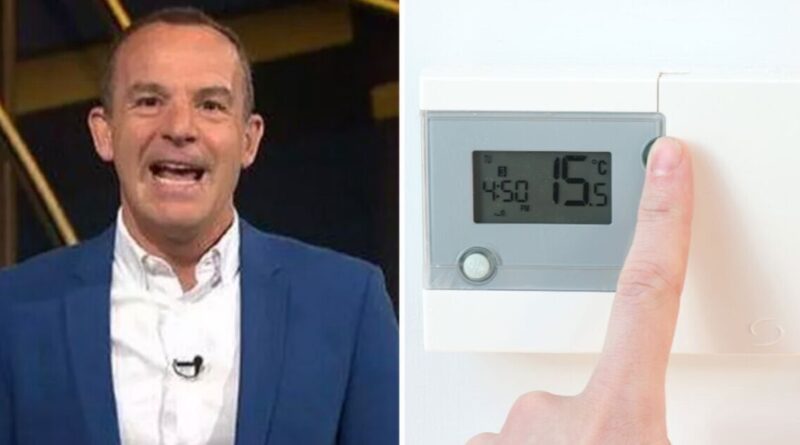Households told hack could save £165 a year off energy bills | Personal Finance | Finance
Martin Lewis has urged Brits to take action which could save them hundreds of pounds and cut their energy bills.
The financial guru and Moneysavingexpert founder told viewers of his popular Martin Lewis Money Show they could make savings by taking a few simple steps.
This included those who pay by Direct Debit checking they aren’t overpaying and making meter readings are up to date.
Lewis urged Brits to check if they are owed any credit too, with hundreds or even thousands of pounds in possible refunds.
Typical households in England, Scotland and Wales will pay energy bills of £1,717 a year after Ofgem raised its price cap for October 1 to December 31, 2024.
Energy experts have shared advice on how to make savings, including by insulating your hot water tank to make sure it stays hotter for longer.
The HomeOwners Alliance, citing the Energy Saving Trust, said fitting a cylinder jacket could save the average semi-detached household £165 on energy bills if fitted on an uninsulated water tank.
It added that even topping up existing insulation around your water tank from 25mm to 80mm could save £35 a year on bills.
Energy Saving Trust has published “easy” ways to save energy, lower your bills and carbon footprint, including switching off standby mode on devices.
The trust said this can save Brits £40, while using the dishwasher less could save £12; not overfilling your kettle £29 and taking a shower in four minutes £60.
Other tips include installing draught-proofing, which could save £80, as well as using the washing machine less and on a colder cycle, £24.
Figures are based on a typical, three-bedroom, semi-detached house in England, Wales or Scotland on a standard energy tariff and paying by Direct Debit.
Turning down your thermostat could also help you save, with experts suggesting a one degree drop may lead to £100 worth of savings a year.
Anyone struggling to pay their energy bills should contact their supplier which can negotiate a payment plan.
Options here include a full review of your payments, plans to make paying debts affordable, more time to pay, and access to hardship funds or payment breaks.





